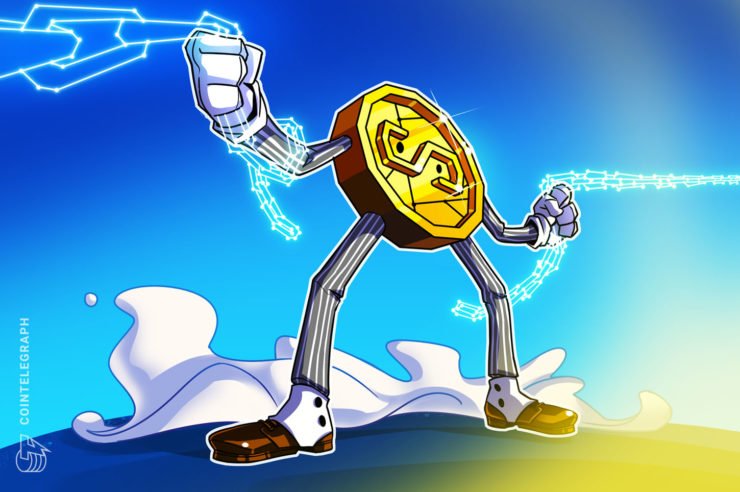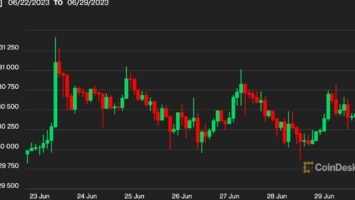
Delta Exchange, a crypto derivatives platform, announced the launch of an interest rate swap contract for DAI, MakerDAO’s dollar-pegged stablecoin.
The contract will allow its purchasers to enter interest swaps on the Dai Savings Rate, which the exchange sees as a way for Maker (MKR) borrowers to fix their stability fee interest payments, which are routed into the Savings Rate as earnings for DAI holders.
Interest rate swaps are a type of derivative contract established between two counterparties with opposite goals, similar to options and futures. One of the parties wants to lock in their interest rate payments to a fixed value to hedge the risk of a volatile interest rate. This gives them a predictable payment schedule, which can be especially useful to borrowers. The counterparty is obligated to pay a fixed interest rate at certain intervals, daily in the case of Delta’s contract. They will make money if the actual interest rate is higher than what they agreed to pay, and subsequently they will lose money if the variable interest falls below the contract’s fixed rate.
Thus, entering the contract means that one party is “bearish” on the variable rate, while the other is “bullish.” This opens the ground to speculation, as traders will make bets on the future value of the interest rate payments. Delta’s contract supports up to 160x leverage.
Maker governance parameters
Both the stability fees, the interest paid by borrowers, and Dai Savings Rate are set ad-hoc by Maker governance in periodic voting.
Since the introduction of Multi Collateral DAI, each asset has different stability fees, though the savings rate is one for all DAI. Curiously, the savings rate has been set to 0% since March 24. The stability fee on Ether (ETH) is also 0% as of press time, though other assets can have interest rates of 2-4%.
The rates are set so low largely because of Dai’s consistent break of its $1 peg. It often trades above $1 following the events of Black Thursday. A low rate should thus entice borrowers to create new Dai at its supposed cost and sell it to the market.
With interest rates at zero, sellers of the swap contract could agree to pay some interest rate to its buyers, with the expectation that soon it will go up.
Borrowers on the Maker platform, by using the contract, could offset some of their losses to the stability fee in the future and hedge against erratic changes.
But unlike other interest rate swaps where the dynamic percentages are market driven, traders on Delta will be effectively speculating on the decisions of the Maker community.



Comments (No)